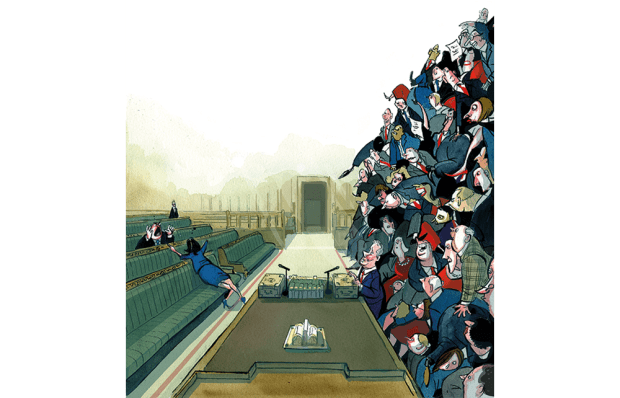Screen tests
Sir: As somebody whose teaching career coincided with the digital revolution, I must take issue with Sophie Winkleman’s well-meaning but blinkered views on screens in schools (Actress’s Notebook, 30 March). I shall ignore the several familiar yet unsubstantiated opinions presented as facts, but I cannot let ‘straight back to books, paper and pens’ go unchallenged.
Already a subscriber? Log in
Subscribe for just $2 a week
Try a month of The Spectator Australia absolutely free and without commitment. Not only that but – if you choose to continue – you’ll pay just $2 a week for your first year.
- Unlimited access to spectator.com.au and app
- The weekly edition on the Spectator Australia app
- Spectator podcasts and newsletters
- Full access to spectator.co.uk
Or
Unlock this article
You might disagree with half of it, but you’ll enjoy reading all of it. Try your first month for free, then just $2 a week for the remainder of your first year.














Comments
Don't miss out
Join the conversation with other Spectator Australia readers. Subscribe to leave a comment.
SUBSCRIBEAlready a subscriber? Log in